Intermittent Fasting: Does Bulletproof Coffee Break a Fast?
Primal Edge Health participates in the Amazon Services LLC Associates Program and other affiliate programs and therefore, may collect a share of sales or other compensation from the links on this page. This comes at no additional cost to you, and all the prices and availability are accurate at the time of publishing.
Does bulletproof coffee break a fast? This is the common question of many intermittent fasters. It’s commonly believed within contemporary fasting culture that this drink is beneficial, but is that really so? Does it count as fasting if you drink a fatty coffee outside the target eating window?
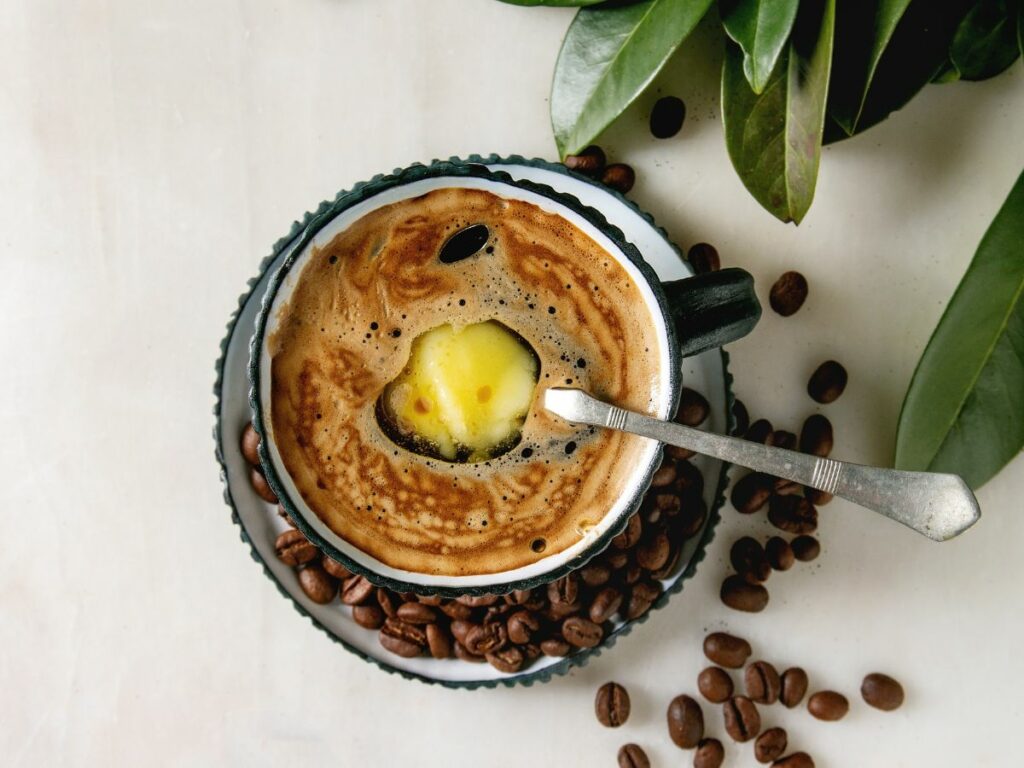
Let’s explore the relationship between bulletproof coffee and fasting and see how this popular drink affects your body’s fasting state and fat-burning process.
All information included in this blog post is for informational purposes only and should not be construed as medical advice regarding fasting, nutrition, or any health conditions. I am only speaking from my experience as a low-carb mom interested in nutrient-dense food and personal performance.
What works for me might not work for you. Please consult with trusted healthcare providers before making any dietary changes. Here are my thoughts after more than five years of intermittent fasting.
Table of Contents (click to view)
What is Bulletproof Coffee?
Also known as butter coffee, bulletproof coffee is a trademarked recipe created by Dave Asprey based on Tibetan butter tea. The caffeinated creamy coffee is high in calories coming from added fat. What makes it different from your regular cup of joe is that bulletproof coffee is usually made with grass-fed butter and medium-chain triglycerides (MCT oil).
It’s a popular drink for those following a ketogenic diet because it’s a vehicle for high-quality fats. You can also adapt coffee alternatives to the bulletproof style.
These two ingredients are believed to be the ones that make the drink worth consuming.
- Grass-fed butter: Contains healthy fats and essential nutrients such as omega-3 fatty acids, beta-carotene, and fat-soluble vitamins like A, D, E, and K in notable quantities that make switching from regular butter appealing in spite of a higher retail price.
- MCT oil: A concentrated source of medium-chain triglycerides, hence the name. It has been associated with several potential health benefits, including improved cognitive function and increased energy levels.
- Coconut oil: Sometimes people substitute coconut oil for MCT oil in their bulletproof coffee recipe
How does Bulletproof Coffee Impact Fasting?
The question “Will bulletproof coffee break intermittent fasting?” is often debated among individuals practicing fasting for various reasons. Many people have different views about it.
Some argue that consuming it during fasting may break the fast due to its caloric content from the added fats. On the other hand, proponents suggest that because it doesn’t significantly spike insulin levels or lead to an increase in blood sugar, it can be consumed without breaking a fast.
Many people also ask if zero-sugar beverages like Coke Zero break a fast. The same principle applies. Since it doesn’t spike insulin levels or increase blood sugar due to its zero carb or calorie content, it technically doesn’t break a fast. However, that doesn’t automatically mean it’s good for you.
In my experience, bulletproof coffee helps me feel satiated and focused throughout my intermittent fasting window without feeling hunger pangs or experiencing energy crashes. However, I realize I am ingesting calories and might be cutting the benefits of autophagy short. Even so, it could be a good way to introduce beginners to intermittent fasting.

Autophagy and Bulletproof Coffee Consumption
Some studies indicate that consuming bulletproof coffee may hinder autophagy, a vital cellular process that happens during fasting. Simplifying the Oxford definition into lay terms, I can summarize autophagy as the body’s process of reusing old and damaged cell parts. This happens with the absence of food. In short, autophagy removes damaged cells and regenerates new ones, contributing to overall health.
However, the high-fat content in bulletproof coffee could trigger an insulin response depending on a person’s insulin sensitivity, potentially disrupting autophagy. Any calorie intake from fats or otherwise during fasting can activate certain pathways in the body that signal the end of a fasting state. As a result, drinking bulletproof coffee with its high-fat content could halt the beneficial effects of autophagy.
The potential inhibition of autophagy by consuming bulletproof coffee raises concerns about its impact on various health benefits associated with fasting. For instance, autophagy is crucial in maintaining gut health and supporting brain function. Disrupting this process through coffee consumption could compromise these essential functions.
It’s important to consider individual differences when evaluating the impact of Bulletproof Coffee on autophagy during fasting. Factors such as metabolism and overall diet can influence how consuming this type of coffee affects one’s fasted state and subsequent health outcomes.
Does Bulletproof Coffee Break Your Intermittent Fast?
The short answer is yes because autophagy is interrupted when you drink a cup of coffee with added dietary fat. However, depending on your situation, it might not ruin your goals and could still be a suitable approach.
Critics say that consuming calories disrupts the fasting’s physiological effects. Black coffee would be a calorie-free alternative to butter coffee. However, you might feel more jittery and uncomfortable.
The main argument favoring bulletproof coffee during fasting is that it provides energy without raising blood sugar levels. In common practice, this injection of calories extends the fasting period and makes it more enjoyable for people by providing increased mental clarity and sustained energy levels.
What are the Benefits of Bulletproof Coffee on Intermittent Fasting?
There are numerous possible health benefits of bulletproof coffee. Here are some of them.
- Curbed hunger and cravings: The high-fat content in the coffee promotes satiety, keeping you feeling full for longer periods. This would be advantageous if it reduces the urge to snack or consume calories during the fasting period. People interested in weight management or weight loss goals often find this claim appealing.
- Sustained energy release: The combination of quality fats in grass-fed butter or MCT oil with coffee provides a steady source of energy throughout the morning, potentially helping you stay focused and alert. This can be particularly beneficial for individuals who engage in early morning workouts or have mentally demanding tasks ahead.
- Help enter ketosis: MCT oil may facilitate a keto diet by helping the body adapt and avoid keto flu.

Does MCT Oil Affect Fasting and Ketosis?
MCT oil’s influence on fasting mirrors the relationship butter and bulletproof coffee generally have on fasting concerning the influx of fat and calories. However, it does have a unique influence on ketosis.
MCT oil is rapidly converted into ketones, which act as an alternative fuel source for the body. This means that even while fasting, the body still has a readily available energy source to function efficiently.
Consuming MCT oil may help individuals achieve a state of ketosis more effectively because the body uses fat for energy instead of carbohydrates during this metabolic state. The quick conversion of MCT oil into ketones supports the ketotic process by providing the necessary fuel for the body’s energy needs.
What are the Risks of Consuming Bulletproof Coffee While Fasting?
Bulletproof coffee might have some benefits, but what are the drawbacks? Some dietitians like Christine Byrne from Eating Well argue that including butter and MCT oil in Bulletproof Coffee gives the drink too many calories and too much saturated fat for it to be considered healthy.
It’s important to note that risks could also be associated with it. The main concern is that butter coffee could limit weight loss. Since the drink is so high-fat, it may lead to an overconsumption of calories. A single cup of bulletproof coffee could contain up to 200 calories or more once all the butter and MCT-oil add up.
These macros may or may not align with your goals. If you are trying to lose weight through intermittent fasting, consuming such a high-calorie drink could offset your daily calorie deficit. This means that you may not achieve the desired weight loss or fat-burning results.
When incorporating bulletproof coffee into your fasting routine, it’s essential to consider your overall health goals and objectives. If your primary aim is weight loss or improved metabolic health through fasting, it’s important to be mindful of any additional caloric intake during the fasting period.
If you don’t want to add any extra calories while fasting, stick to zero or very low-calorie beverages like lemon water. Reasonable amounts of lemon water won’t break a fast and can offer benefits like fresher breath, better digestion, and a boost of Vitamin C.
Finally, if you want to drink bulletproof coffee without the unwanted jitters, try low-caffeine coffee alternatives. These options still have some caffeine in them, but often not enough to cause anxiety, shakiness, sleepiness, and other negative side effects.
Conclusion
You can pick your side in the great debate about whether bulletproof coffee breaks a fast or not. The bottom line is yes, it does because autophagy is interrupted, but the good news is that the fatty keto coffee might not ruin your goals and could be a suitable approach.
I hope this guide has provided you with the information you need to make the best decision for your health and wellness goals. Please share it with any friends or family that are contemplating the situation as well.
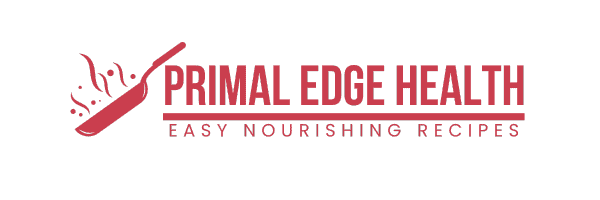

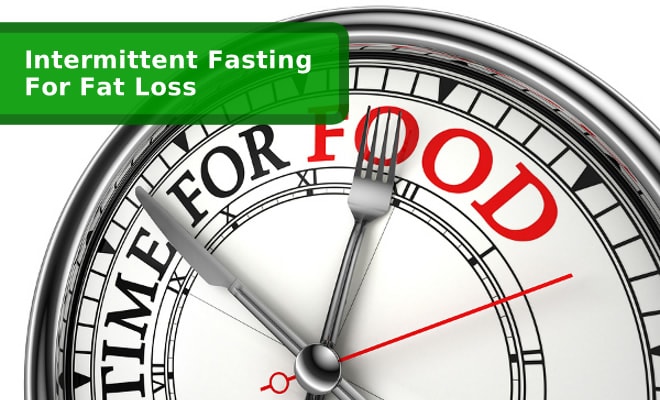
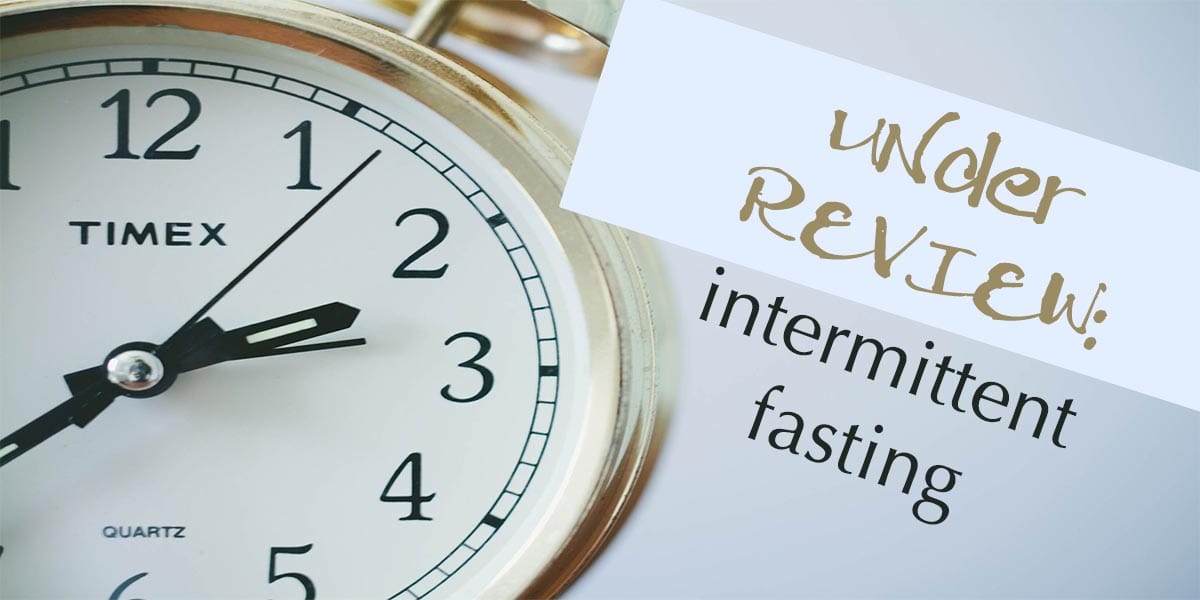

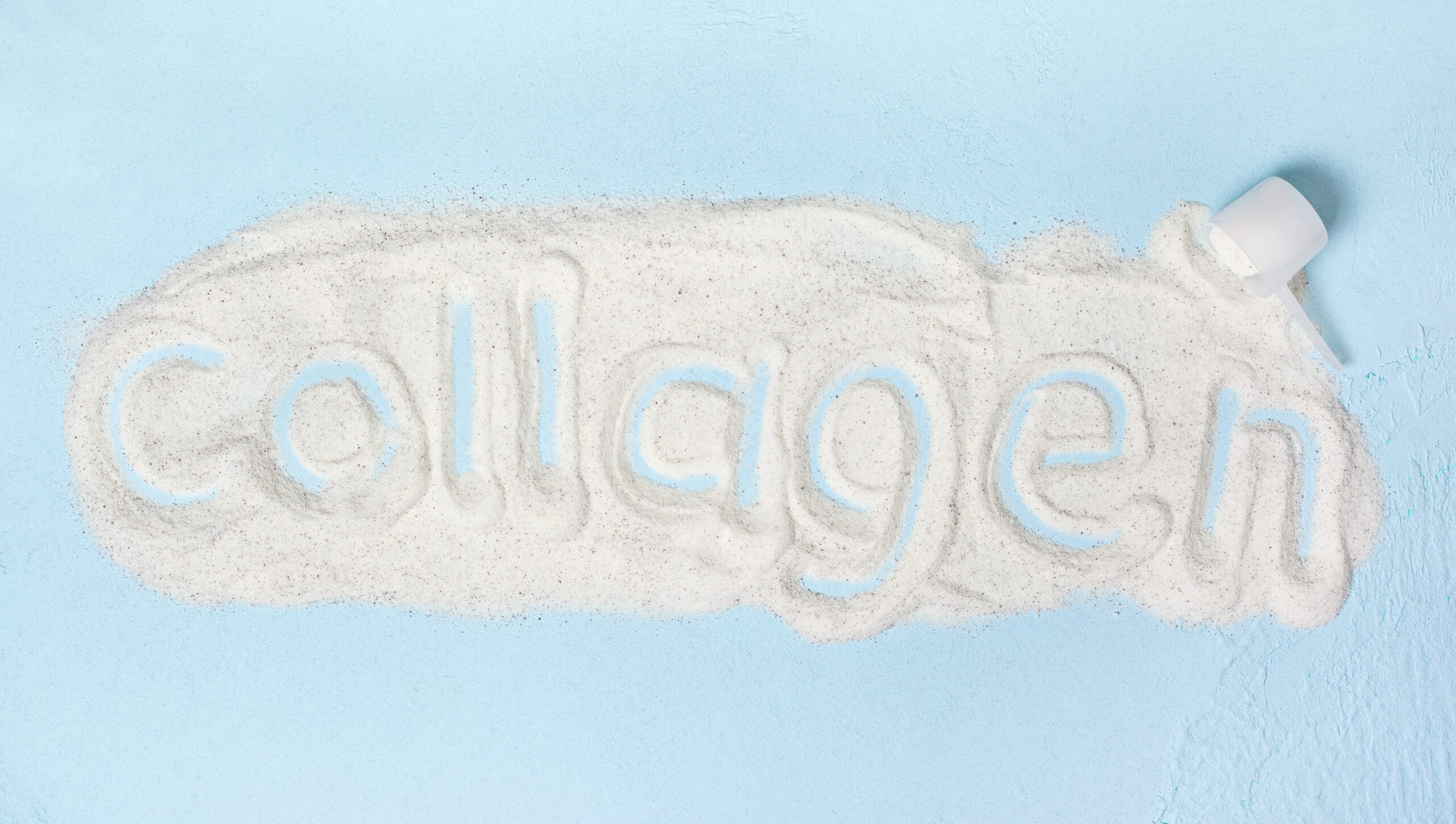
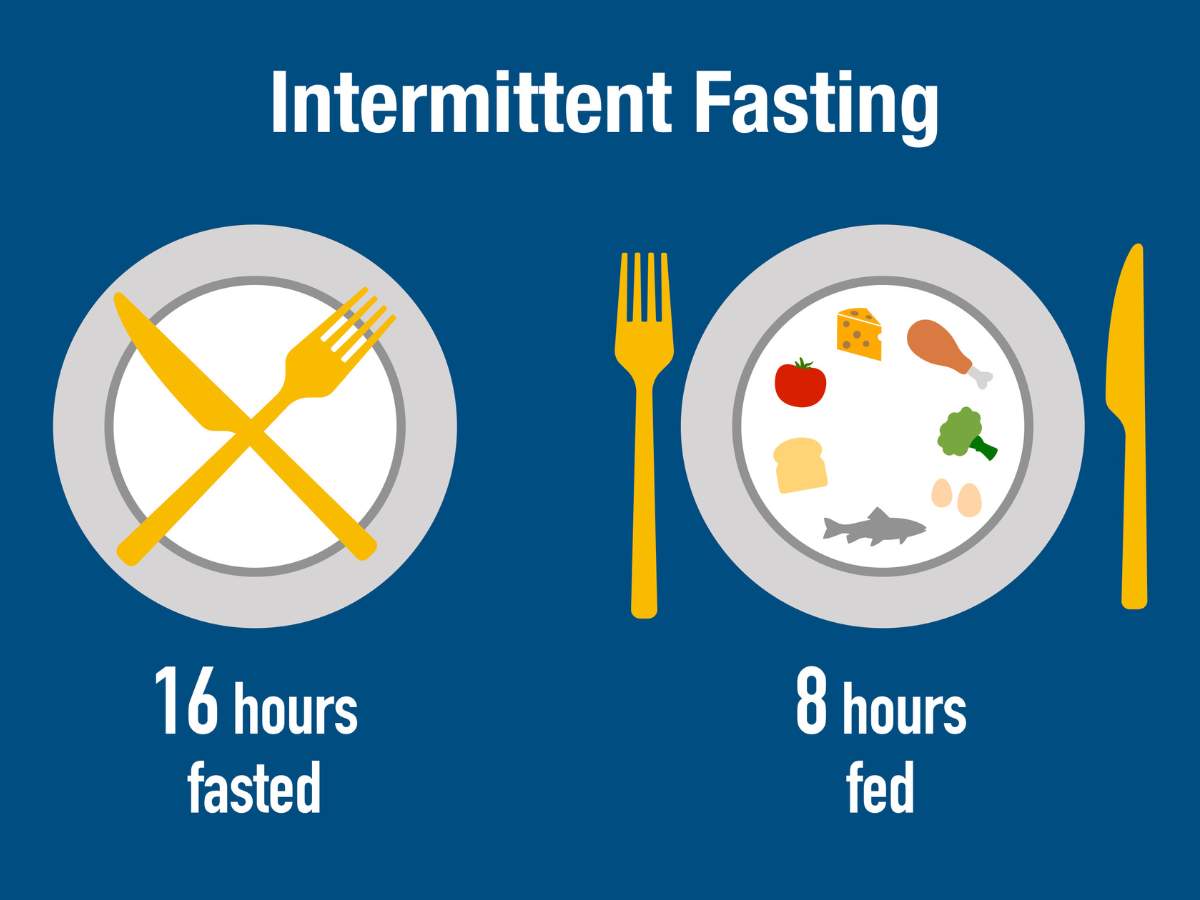
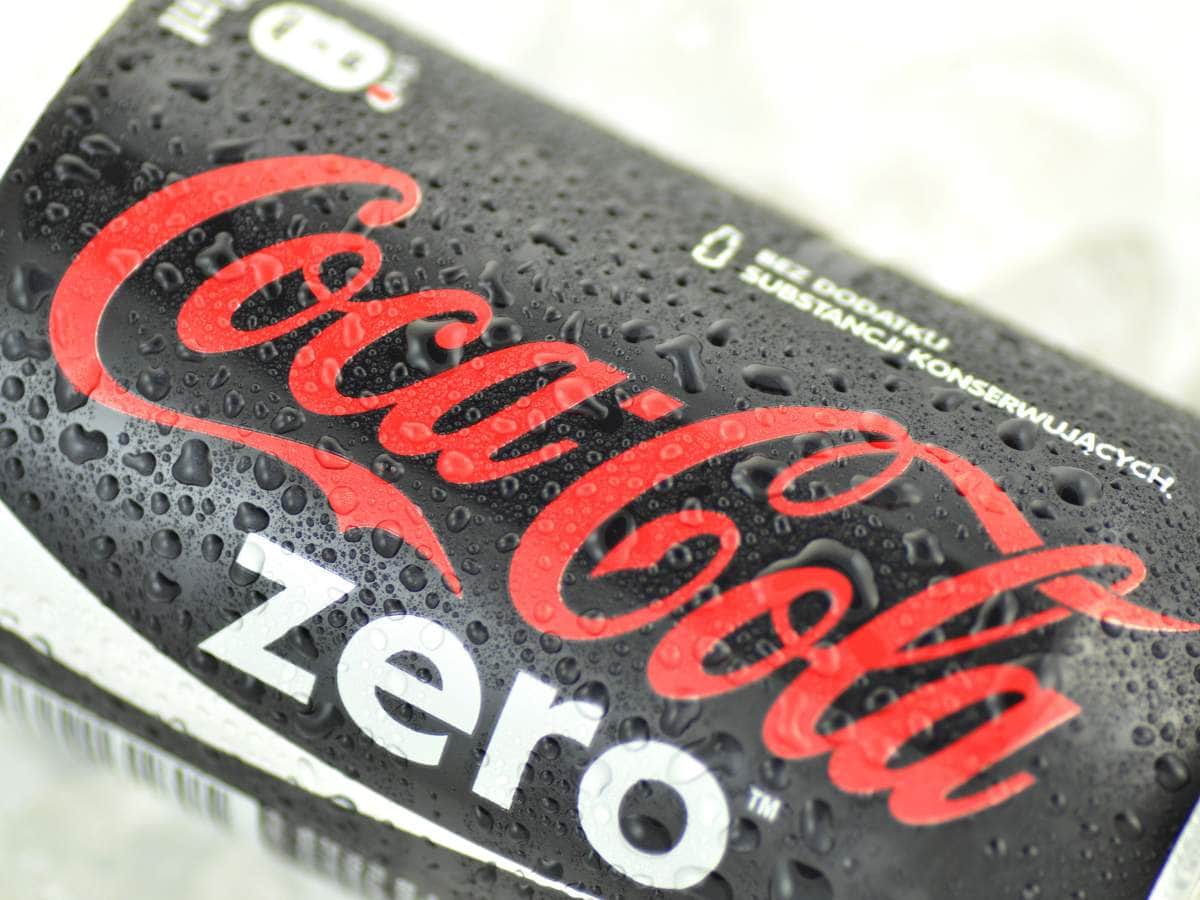
Great info that really takes the anxiety out of deciding whether to enjoy a coffee in the morning or not. Thanks!